
Employees of online grocery service Dingdong Maicai sort fresh vegetables at a warehouse in Shanghai on Sunday. (ZHU XINGXIN/CHINA DAILY)
E-commerce companies and delivery enterprises are replenishing stocks and expanding their courier fleets in Shanghai as the city strives to make daily necessities more accessible to locked-down residents.
A series of contingency measures, which follow instructions made by Vice-Premier Sun Chunlan during her inspection visit to Shanghai, have been put in place to ensure provisions and supply chains. The measures also adhere to the city's COVID-19 prevention and control efforts.
Service platform Ele.me, which customers normally use for takeout deliveries, has dispatched an additional 2,800 couriers to Shanghai to expedite delivery, said the company's Senior Vice-President Xiao Shuixian during a media briefing on the COVID situation on Sunday.
Xiao said the platform supports community-based group purchasing, covering 1,000 neighborhoods citywide, to meet bulk-buying demands, which also enhance efficiency of food deliveries.
"We have seen completed daily orders more than double in the past several days," Xiao said, adding that over 25,000 households have benefited from the service to obtain food necessities such as meat, eggs and dairy products.
E-commerce giant JD has donated fresh produce including milk, meat and pastries worth 4 million yuan ($628,700) to address the demand hikes in Shanghai. Some 16 million units of rice, flour and cooking oil are in stock to ensure daily supplies for a month, said Wang Wenbo, vice-president of JD.
Priority will be given to provide fresh produce as well as meat and seafood. The company will also replenish supplies of 80,000 infant and maternal items as well as 100,000 packages of drugs to meet the needs of patients with chronic illnesses, he added.
To ensure smooth deliveries, JD is deploying an additional 2,000 couriers and will put into use "fifth-generation driverless vehicles" to accelerate deliveries and minimize physical contact, Wang said.
Sun called for maintaining "a sense of urgency" to ensure a stable and smooth supply chain. Key issues to iron out include logistics blockages and allowing more enterprises and personnel offering basic supplies to resume business.
On Saturday, local authorities said Shanghai is to be subdivided into three zones based on the latest COVID test results and exposure risks: a precautionary zone, a controlled zone and a locked-down zone.
Under the arrangement, Ele.me will devote more couriers to the locked-down and controlled zones to shore up delivery capacity. Improving the provision of daily necessities will be done in collaboration with restaurants, supermarkets and convenience stores that are authorized to resume business operations.
In the past two days, Ele.me's parent company, the Alibaba Group, has assembled 3,000 additional workers to sort and deliver products ordered online, aiming to address the spike in demand for food staples.
Freshippo, Alibaba's fresh produce retailer, said its emergency service channel has already served 5,300 communities, including nearly 800 neighborhoods undergoing prolonged lockdown. Supermarket chain RT-Mart has also raised its daily capacity of vegetables and fruit to over 1,000 metric tons in Shanghai.
These are backed by logistics company Cainiao, which has transported around 2 million items between warehouses, stores and communities in the past several days. It has also delivered around 1,500 kilograms of vegetables to five nursing homes and 700 elderly people in neighborhoods.
Dingdong Maicai, a Shanghai-headquartered platform that specializes in fresh produce, said it is looking to introduce an online queuing system.
"The online queuing system is designed to prevent overcrowding during peak periods, thus streamlining transactions and potentially opening up more opportunities for those in need," said Liang Changlin, founder and CEO of Dingdong Maicai.









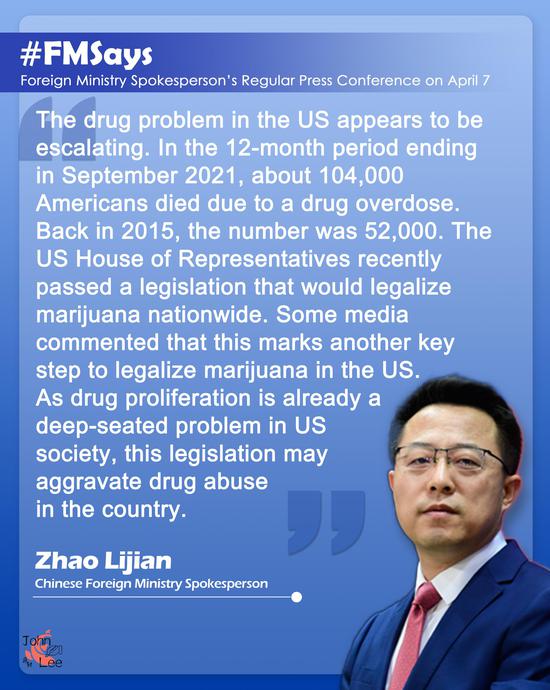



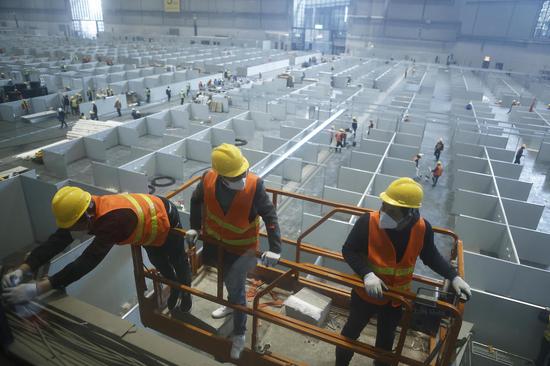
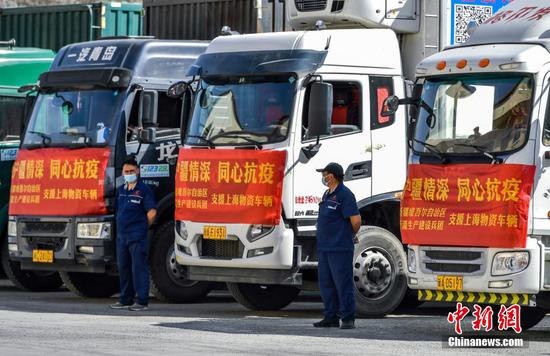
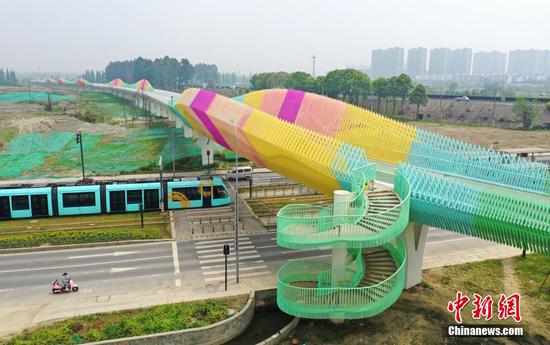
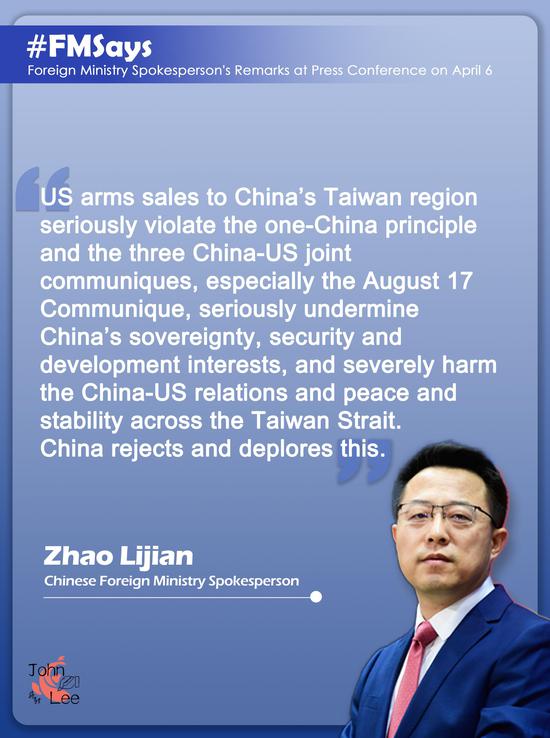
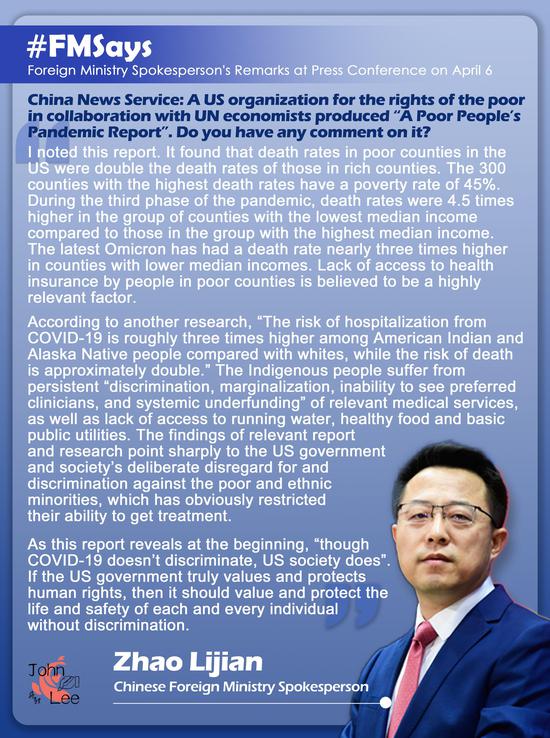




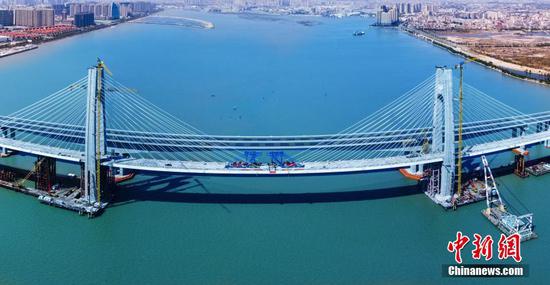
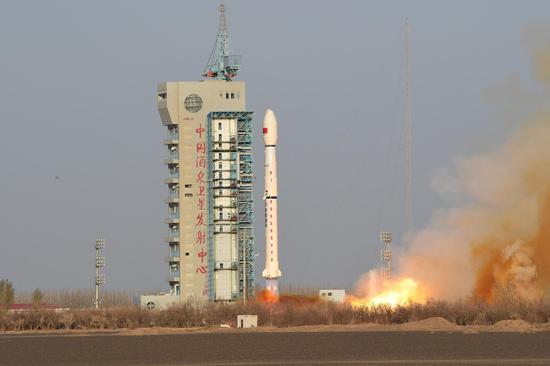

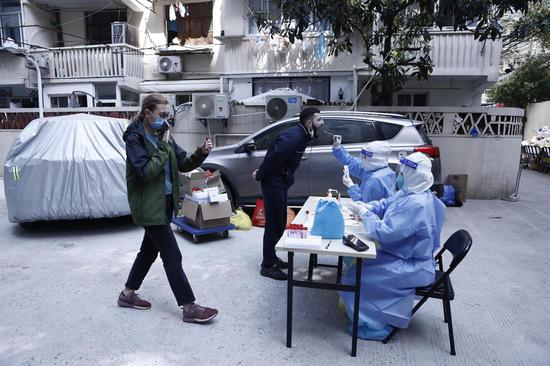



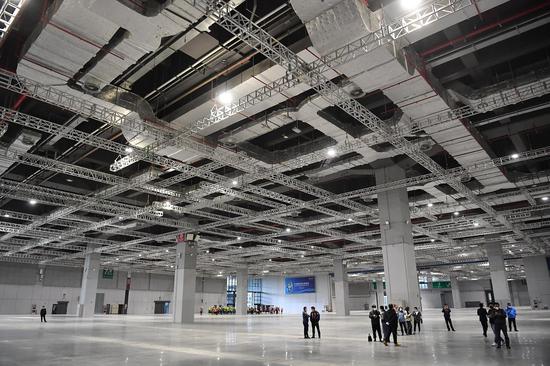


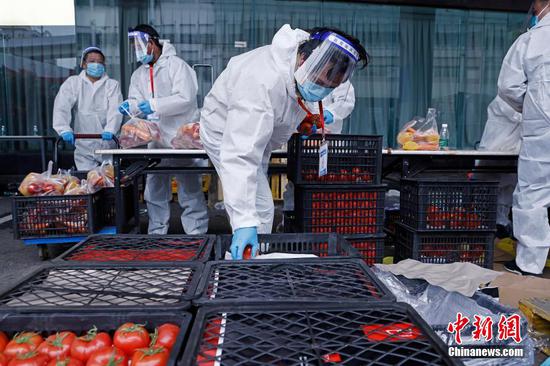




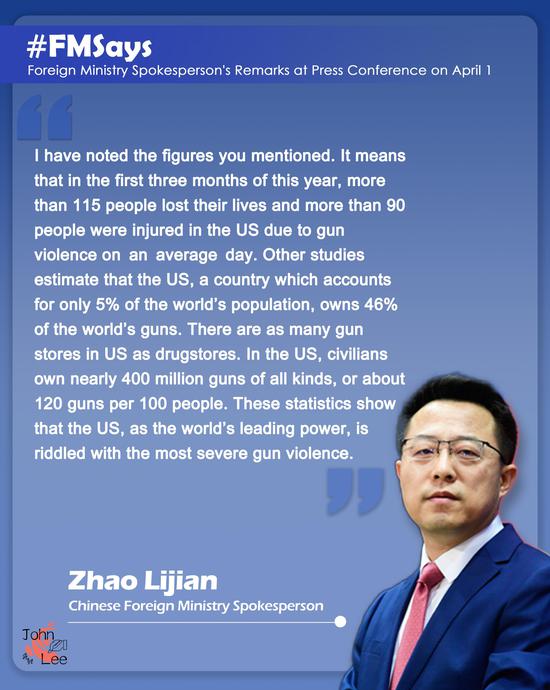
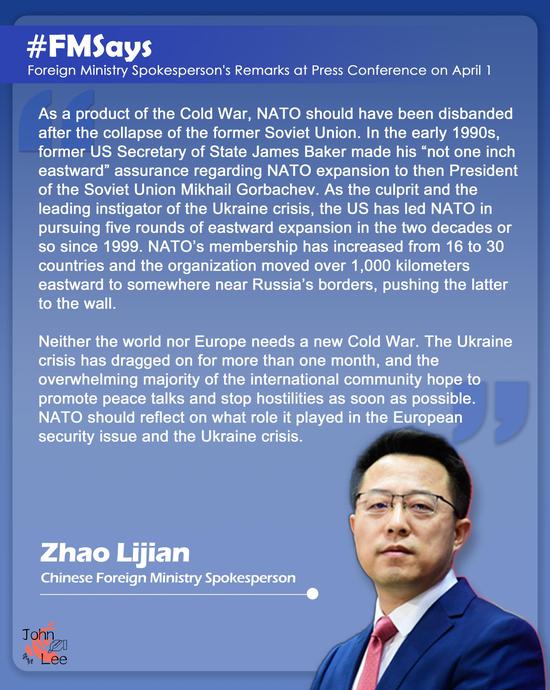











 京公网安备 11010202009201号
京公网安备 11010202009201号